ESMO 2024: Novartis's Kisqali Reduces Breast Cancer Recurrence Risk by 28.5%
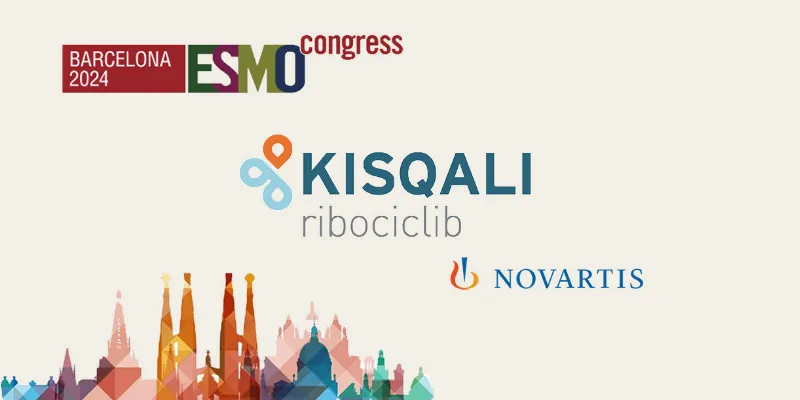
The latest data from the Phase III NATALEE trial, presented at ESMO 2024, demonstrate that adding Kisqali (ribociclib) to standard endocrine therapy reduces the risk of breast cancer recurrence by 28.5% compared to endocrine therapy alone. This significant benefit continues to deepen over time, even after treatment ends, and is consistent across all patient groups.
Novartis announced a new analysis from the NATALEE trial revealing that adding Kisqali (ribociclib) to endocrine therapy reduces the risk of breast cancer recurrence by 28.5% in early-stage HR-positive, HER2-negative patients. The benefits continue to deepen over time, even after treatment ends, and are consistent across all patient groups, including those with node-negative disease. Kisqali was well-tolerated with no new safety concerns.
Deepening Benefit Over Time
The study's findings, presented at the European Society for Medical Oncology (ESMO) Congress 2024, indicate that the invasive disease-free survival (iDFS) benefit of Kisqali continues to increase even after the three-year treatment period has ended.
“With longer follow-up, the clinically relevant benefit of adding ribociclib to endocrine therapy continues to improve, even after the end of ribociclib treatment, for both node-positive and node-negative patients. This is important because NATALEE includes a broad population of patients at risk of recurrence, including those diagnosed with high-risk, node-negative disease who deserve access to new treatment options to reduce that risk,” said Professor Peter A. Fasching, a NATALEE trial investigator from the University Hospital Erlangen.
Consistent Results Across Key Measures
The trial also reported consistent results in secondary endpoints, including distant disease-free survival, with a trend towards improved overall survival. This suggests that Kisqali not only delays the return of cancer but may also extend the lives of patients.
“As we anticipate regulatory action from health authorities worldwide, we are highly encouraged by these longer-term results from NATALEE showing a deepening efficacy benefit for Kisqali. A large number of people diagnosed with HR+/HER2- early breast cancer remain at risk of recurrence, and these results add to the growing body of evidence supporting the potential of Kisqali to reduce this risk consistently across a broad population” said Dr. Shreeram Aradhye, President, Development and Chief Medical Officer, Novartis.
Safety and Tolerability
Kisqali's safety profile was consistent with previous studies, with no new adverse effects reported. The most common grade 3 or higher adverse events included neutropenia (44.4%), liver-related issues like elevated transaminases (8.6%), and a small percentage of patients experienced QT interval prolongation (1.0%). Overall, the drug was generally well-tolerated, reinforcing its suitability as a treatment option.
Regulatory Review Underway
Novartis has submitted the NATALEE trial data to the U.S. Food and Drug Administration (FDA) and the European Medicines Agency (EMA). Regulatory action from the FDA is expected in the third quarter of this year, potentially paving the way for wider use of Kisqali in treating early-stage breast cancer.
Patients diagnosed with stage II or III hormone receptor-positive (HR-positive), human epidermal growth factor receptor 2-negative (HER2-negative) early breast cancer face a considerable risk of recurrence, even after standard endocrine therapy. This risk underscores the need for additional treatment options like Kisqali to improve long-term outcomes.
Already approved in 99 countries for treating metastatic breast cancer, Kisqali has demonstrated statistically significant overall survival benefits across multiple Phase III trials. Its potential approval for early-stage breast cancer could impact a much larger patient population worldwide.
Kisqali, ribociclib, breast cancer, endocrine therapy, Novartis, ESMO 2024, cancer





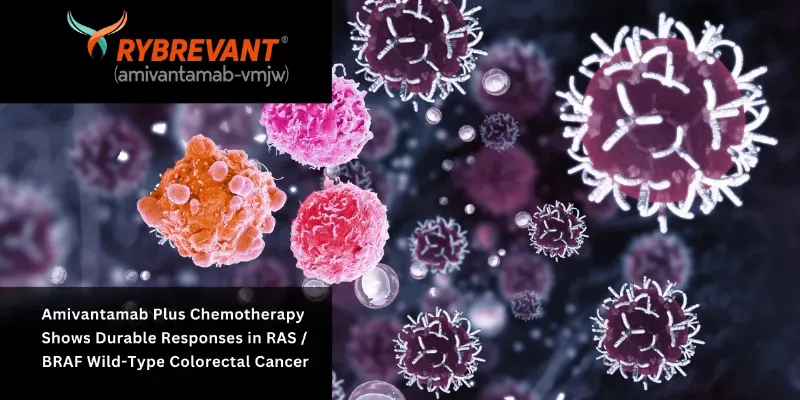
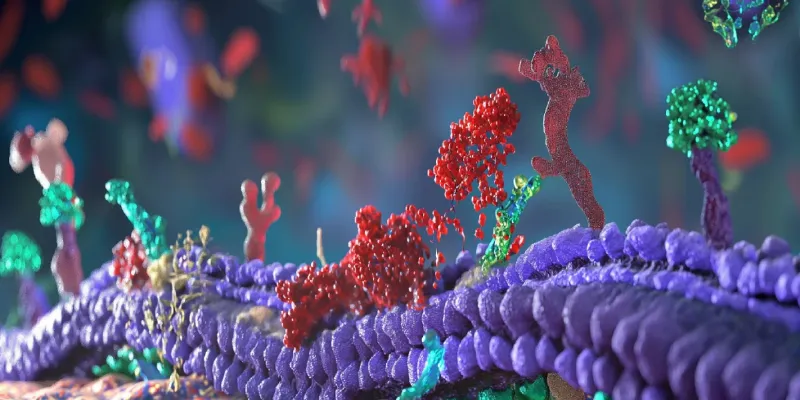
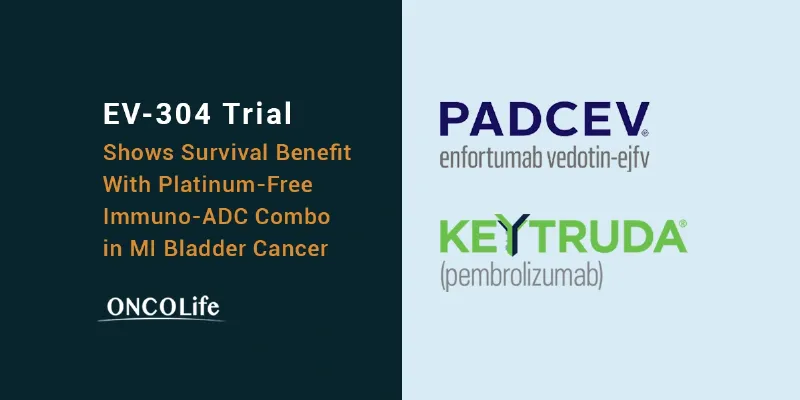
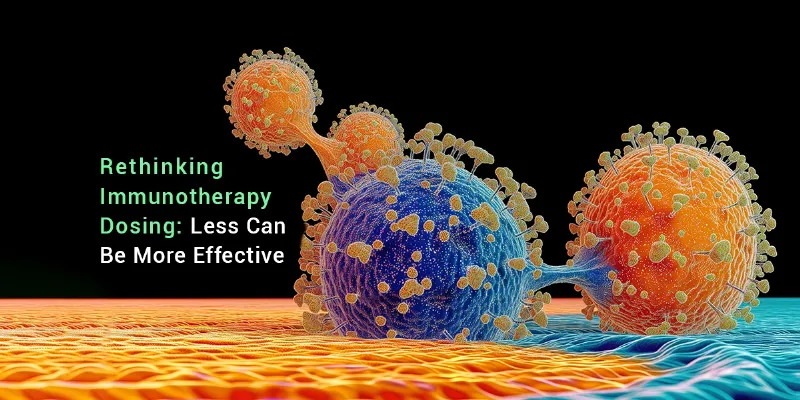
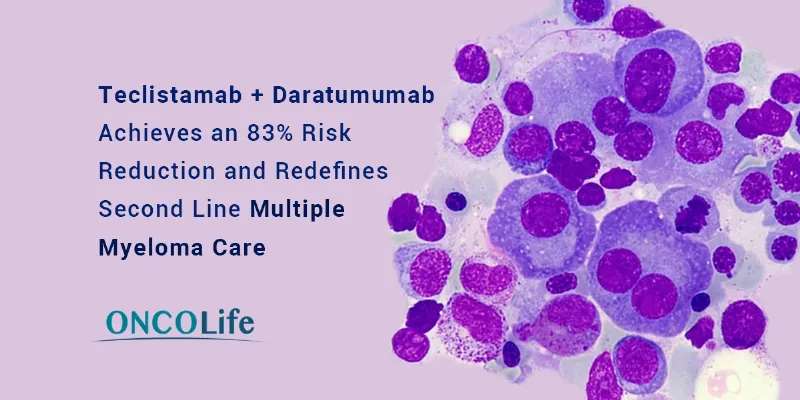
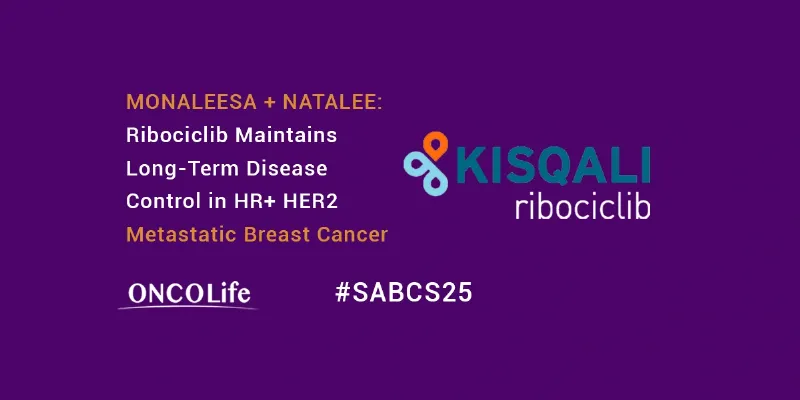
Comments
No Comments Yet!